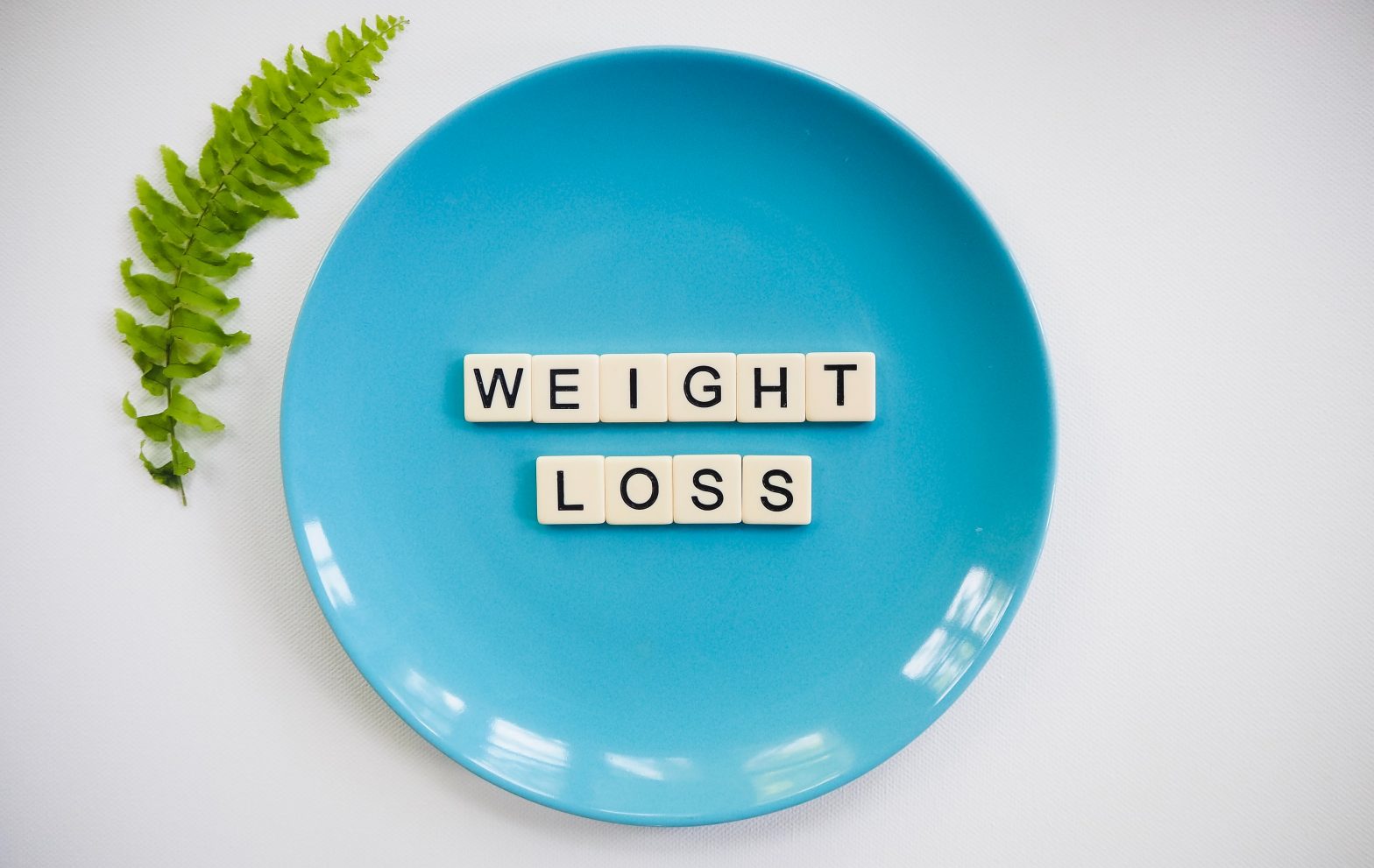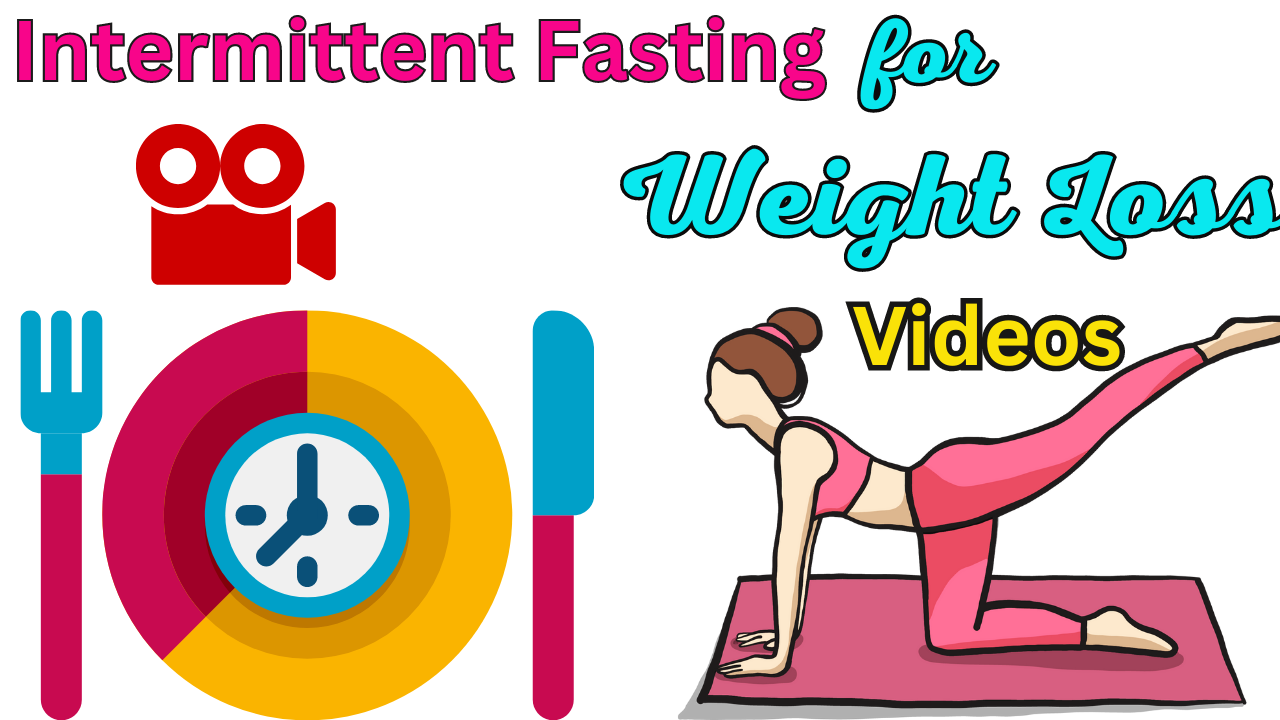
Intermittent fasting is one of the best dietary ways to lose weight by focusing on ‘when to eat’
rather than ‘what to eat. The fasting period is utilized by the body to repair damaged cells and burn
the excess fat deposited in the body to produce energy. There are many ways to start intermittent
fasting. One of the best ways is the ‘Alternate Day Fasting’ approach.
‘What to eat’ or ‘When to eat?
An interesting study by Monica Et al. has found that Alternate Day Fasting(ADF) works as
fruitfully with high-calorie diets as much as it works with low-calorie diets. [1] It means that as long
as you fast every alternate day, you can be relaxed about your calorie intake in the non-fasting
days. You can either lose weight by following a low-calorie diet strictly or eating normally and
fasting on alternate days. Which one is better? Studies have shown that low-calorie diets can yield
only short-term results as the body tries to increase hunger pangs and begins storing all the
incoming food as fat reserves. But not only does ADF give long-term results in weight loss, it has
also been shown to effectively ameliorate the risks of chronic diseases like diabetes and blood pressure.
The hunger and irritability
More research into the benefits of ADF towards the maintenance of weight and cardiac health in obese
patients, with normal metabolism, suggests that weight loss results in ADF commensurate with the
results obtained in the long-term calorie restriction approach. [3] Although ADF is a highly
recommended weight loss strategy in obese people, there have been studies to understand its effects
on non-obese people. Biomedical research propounded that ADF is a difficult eating pattern to
sustain because of the hunger cravings and irritability that the participants displayed during the
fasting period. The hunger and frustration did not normalize for non-obese subjects with time and
hence only short-term ADF was deemed practical in non-obese candidates. [4]
The competition
The superiority of ADF over other restrictive dietary approaches, like time-restricted fasting (eating
only during planned hours in a day and fasting in the remaining hours) and intermittent energy
restriction (consecutive cycles of low-calorie diet and normal diet), is a highly debatable topic as
different subjects responded differently to each diet. In a recent study, it was found that intermittent
energy restriction and time-restricted can operatively treat inflammatory bowel diseases in mice.
ADF cannot subdue the stress and inflammation of the colon, unlike the aforementioned. [5]
ADF for heart health in obesity
When the efficacy, tolerability, and the promise of ADF to help sustain the weight loss were further
evaluated, they found that ADF has no risk of weight gain as the participants in the study who lost
their weight through ADF in an 8-week regimen did not regain the weight in an intervention period
of 24 weeks. [6] ADF also seemed to lead to more energy deficiency problems than the calorie
restriction strategies. But an analysis of the metabolic risk profile of ADF has shown that it can
positively bring down the risky attributes of heart disease by reducing cholesterol concentrations
and affirmatively modifying the adipose tissue profile. [7] [8] Such results indicate that short-term
ADF is a feasible dietary alternative to help obese people lose weight and prevent coronary heart
diseases in them.
References
[1] Klempel, Monica C., Cynthia M. Kroeger, and Krista A. Varady. " Alternate day fasting (ADF)
with a high-fat diet produces similar weight loss and cardio-protection as ADF with a low-fat diet."
Metabolism 62, no. 1 (2013): 137-143.
[2] Varady, Krista A., and Marc K. Hellerstein. " Alternate-day fasting and chronic disease
prevention: a review of human and animal trials." The American journal of clinical nutrition 86, no.
1 (2007): 7-13.
[3] Trepanowski, John F., Cynthia M. Kroeger, Adrienne Barnosky, Monica C. Klempel, Surabhi
Bhutani, Kristin K. Hoddy, Kelsey Gabel et al. " Effect of alternate-day fasting on weight loss,
weight maintenance, and cardioprotection among metabolically healthy obese adults: a randomized
clinical trial." JAMA internal medicine 177, no. 7 (2017): 930-938.
[4] Heilbronn, Leonie K., Steven R. Smith, Corby K. Martin, Stephen D. Anton, and Eric Ravussin.
" Alternate-day fasting in nonobese subjects: effects on body weight, body composition, and energy
metabolism." The American journal of clinical nutrition 81, no. 1 (2005): 69-73.
[5] Zhang, Xin, Qianhui Zou, Beita Zhao, Jingwen Zhang, Weiyang Zhao, Yitong Li, Ruihai Liu,
Xuebo Liu, and Zhigang Liu. " Effects of alternate-day fasting, time-restricted fasting and
intermittent energy restriction DSS-induced on colitis and behavioral disorders." Redox biology
(2020): 101535.
[6] Catenacci, Victoria A., Zhaoxing Pan, Danielle Ostendorf, Sarah Brannon, Wendolyn S.
Gozansky, Mark P. Mattson, Bronwen Martin, Paul S. MacLean, Edward L. Melanson, and William
Troy Donahoo. " A randomized pilot study comparing zero‐calorie alternate‐day fasting to daily
caloric restriction in adults with obesity." Obesity 24, no. 9 (2016): 1874-1883.
[7] Bhutani, Surabhi, Monica C. Klempel, Reed A. Berger, and Krista A. Varady. " Improvements in
coronary heart disease risk indicators by alternate‐day fasting involve adipose tissue modulations."
Obesity 18, no. 11 (2010): 2152-2159.
[8] Eshghinia, Samira, and Fatemeh Mohammadzadeh. " The effects of modified alternate-day fasting diet on weight loss and CAD risk factors in overweight and obese women." Journal of
Diabetes & Metabolic Disorders 12, no. 1 (2013): 4.







Leave a Reply